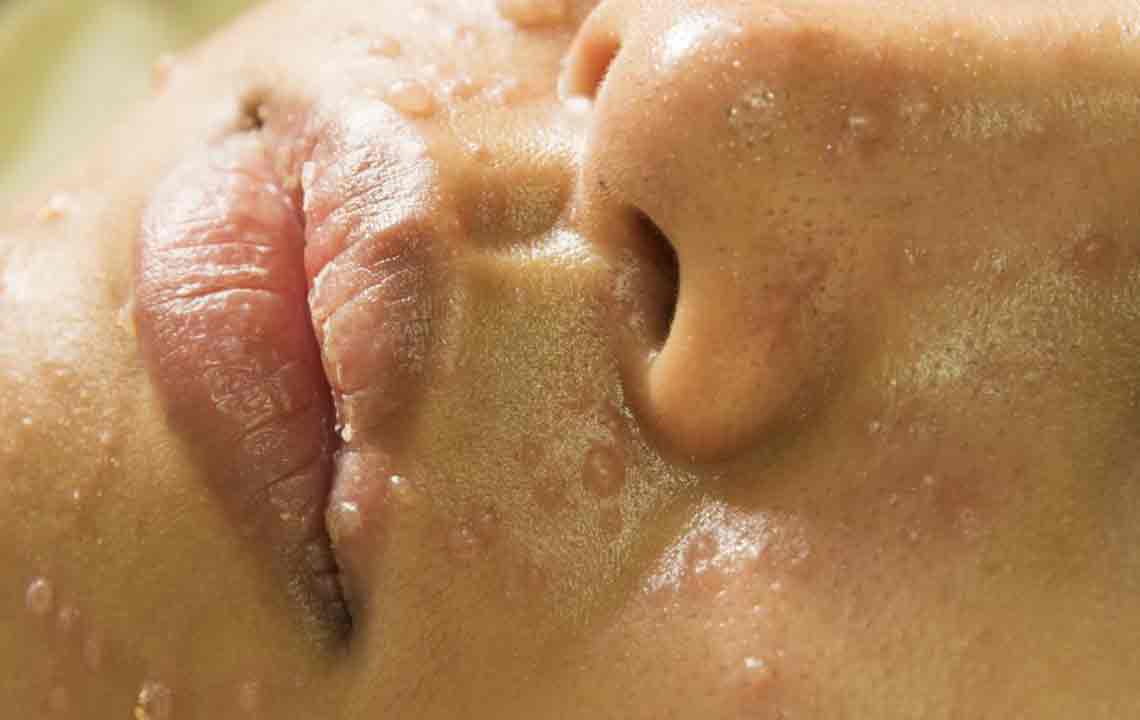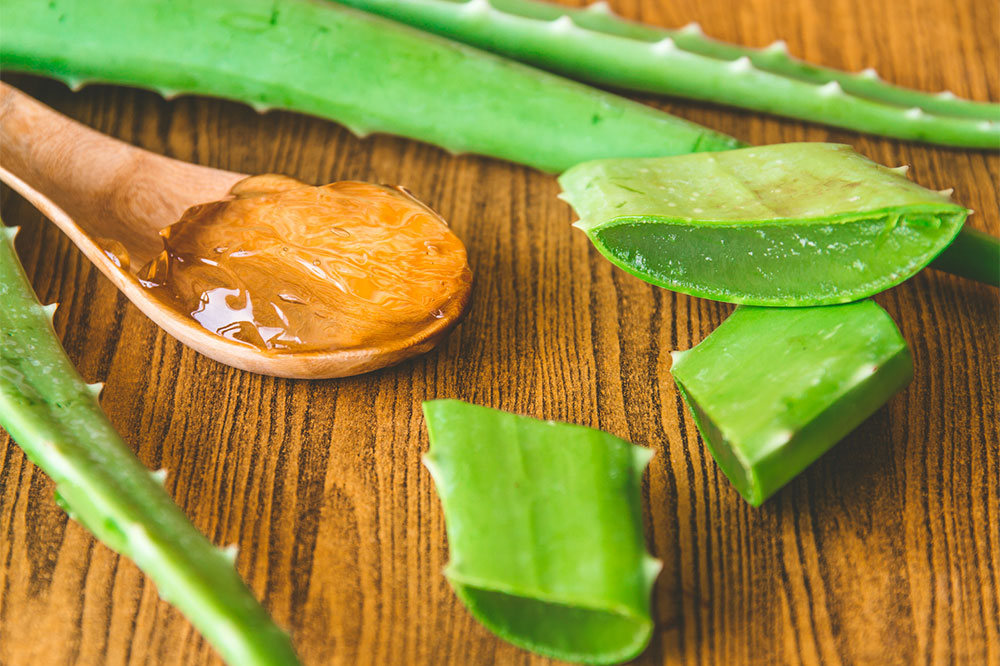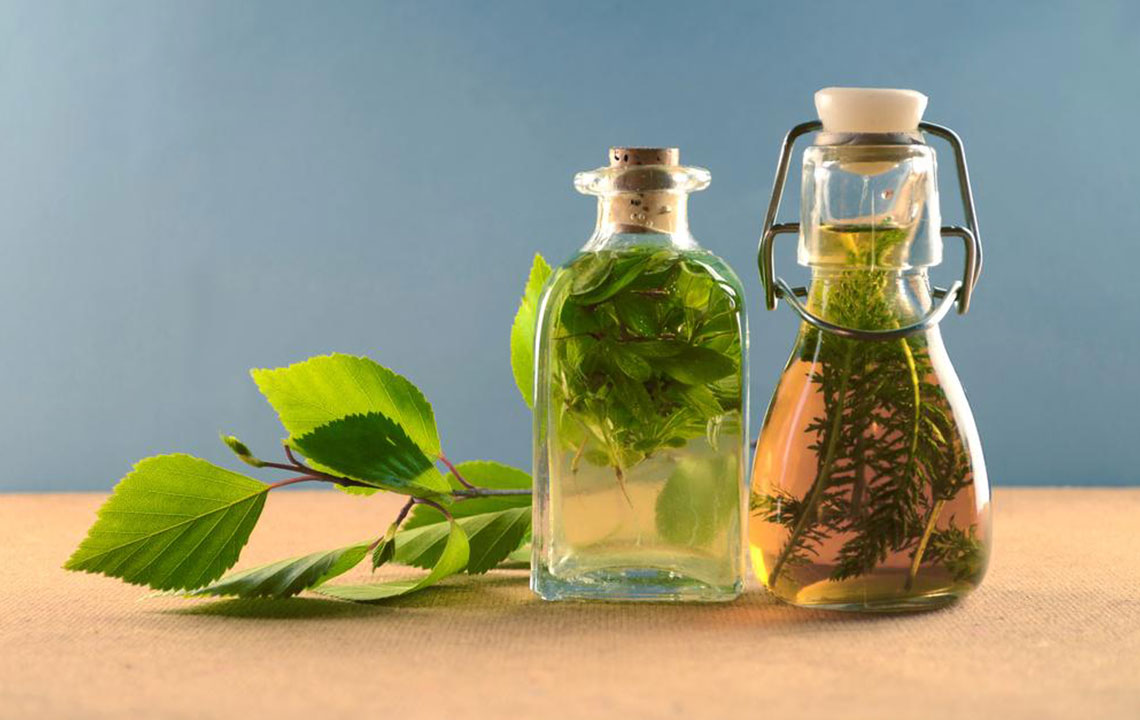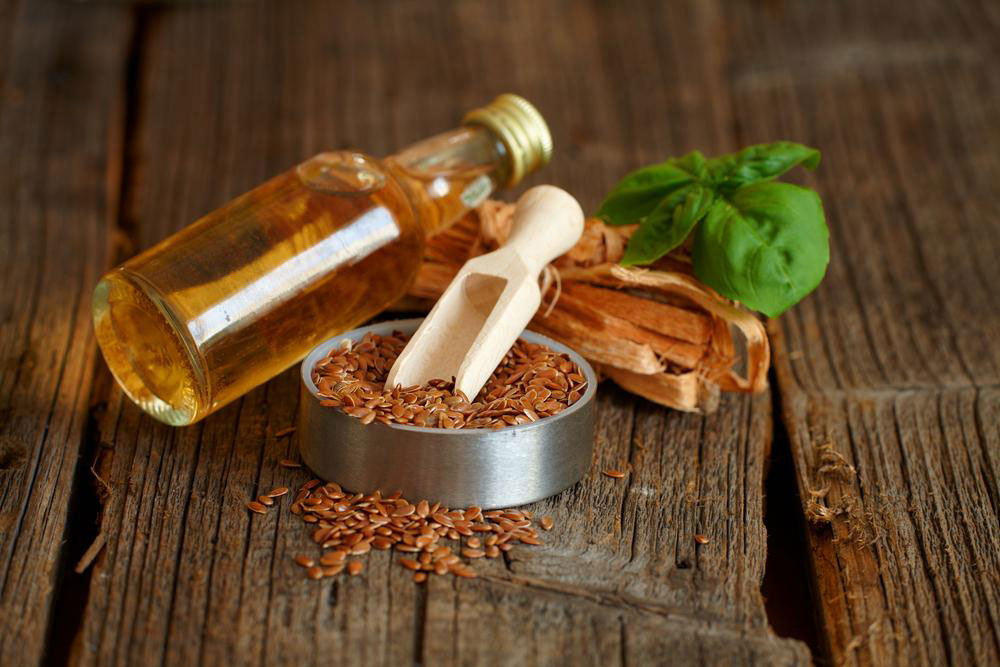Effective Approaches to Managing Rosacea Symptoms for Better Skin Health
Discover comprehensive strategies to effectively manage rosacea symptoms, including natural remedies, lifestyle modifications, and medical treatments. Learn how to reduce redness, calm inflammation, and improve skin health with expert tips tailored for long-term relief and confidence rebuilding.
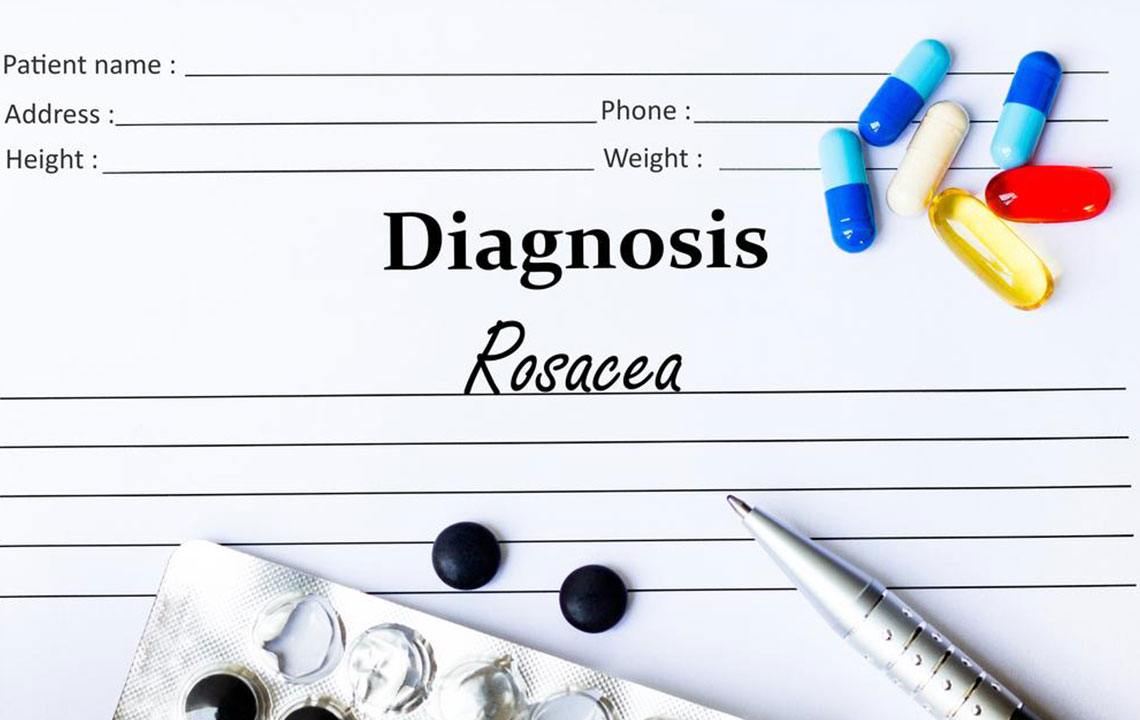
Effective Approaches to Managing Rosacea Symptoms for Better Skin Health
Rosacea is a common yet often misunderstood skin condition that manifests through persistent facial redness, visible blood vessels, and small red bumps, primarily on the cheeks, nose, chin, and forehead. This skin disorder can affect individuals of all ages, especially those over 30, leading to discomfort and self-consciousness. While there is no permanent cure for rosacea, understanding effective management techniques can significantly reduce symptoms and improve skin health. This comprehensive guide elaborates on the most trusted strategies, including home remedies, lifestyle adjustments, and medical treatments, to help you combat rosacea effectively and regain confidence in your appearance.
Understanding Rosacea and Its Triggers
Rosacea is a chronic inflammatory skin condition characterized by episodes of flare-ups and remission. Its exact cause remains unclear, but genetics, immune system response, and environmental factors play crucial roles. Common triggers like spicy foods, alcohol, extreme temperatures, stress, and certain skincare products can worsen symptoms. Recognizing individual triggers through a symptom diary can assist in creating a personalized management plan.
Home Remedies for Rosacea: Natural and Effective Solutions
Many individuals seek natural remedies to soothe rosacea symptoms. While these approaches might not replace prescription medication, they can complement medical treatments and provide relief from discomfort and visible signs of inflammation.
1. Essential Oils for Skin Soothing
Essential oils like Melaleuca (Tea Tree) and Lavender possess potent anti-inflammatory and antimicrobial properties that may help calm inflamed skin. To use these oils safely, dilute a few drops in a carrier oil such as almond, coconut, or avocado oil. Mix approximately one tablespoon of carrier oil with two drops of essential oil and apply gently to affected areas with clean fingertips or a soft cloth before bedtime. Always conduct a patch test first to ensure no allergic reaction occurs.
2. Green Tea: A Natural Anti-inflammatory
Green tea is rich in antioxidants called catechins, which help reduce inflammation and redness associated with rosacea. Prepare a strong cup of green tea, then allow it to cool in the refrigerator for at least 30 minutes. Soak a soft cloth in the chilled tea, then gently place it over inflamed areas for 10-15 minutes. Repeating this process regularly can diminish redness and soothe irritated skin. Drinking a cup of green tea daily also supports overall skin health and immune function.
3. Apple Cider Vinegar: Balancing pH and Reducing Symptoms
Organic apple cider vinegar (ACV) can help maintain the skin's pH balance and reduce inflammation. For internal use, mix one teaspoon of raw, unfiltered ACV in a cup of water. Optional addition of honey enhances flavor and additional health benefits. For external application, dilute two tablespoons of ACV in about eight tablespoons of water, soak a clean cloth in the mixture, and apply gently to affected areas for no longer than 10 minutes. Rinse thoroughly with cool water afterward. Regular external use may help exfoliate the skin and improve tone.
4. Oatmeal: Calming Irritation and Nourishing Skin
Oatmeal has natural anti-inflammatory and soothing properties, making it ideal for sensitive rosacea-affected skin. To prepare an oatmeal mask, grind a handful of oats into a fine powder using a food processor. Mix with one-quarter cup of water and half a cup of ground oats to form a paste. Apply evenly on the face, keeping it on for about 20 minutes before rinsing with cool water. Incorporating oatmeal masks into your skincare routine can reduce irritation and provide a calming effect.
5. Aloe Vera: The Soothing Skin Remedy
Aloe vera gel is well known for its skin healing and cooling effects, especially in reducing redness and inflammation. Apply a generous layer of pure aloe vera gel to affected areas twice daily. Let it dry naturally before rinsing with cool water. Consistent use can accelerate healing and minimize symptoms. Additionally, drinking one tablespoon of aloe vera juice daily may offer internal support for skin health and inflammation reduction.
6. Flaxseed Oil: Anti-inflammatory Boost
Rich in omega-3 fatty acids, flaxseed oil helps combat inflammation and supports healthy skin. Consuming one teaspoon of flaxseed oil orally three times a day can assist in reducing overall inflammation and improving skin appearance. Incorporating flaxseed oil into your diet, such as in smoothies or salad dressings, provides long-term benefits for skin resilience.
7. Honey for Moisturization and Healing
Honey acts as a natural humectant, promoting hydration and healing of irritated skin. Apply a thin layer of raw honey to inflamed patches, leave it on for about 20 minutes, then rinse with warm water. This natural treatment not only hydrates but also has antibacterial properties that can reduce infection risk and support skin repair.
Medical Interventions and Advanced Treatments
For persistent or severe rosacea symptoms, consulting a dermatologist is essential. Various medical options are available that can provide rapid relief and long-term control.
Prescription Medications
Topical treatments like metronidazole, azelaic acid, and ivermectin are commonly prescribed to reduce inflammation and redness. Oral antibiotics, including doxycycline and minocycline, target bacteria and inflammation, providing relief for more severe cases. For some patients, oral isotretinoin, a potent medication typically used for severe acne, may be considered to manage stubborn rosacea symptoms.
Laser and Light-Based Therapies
Laser treatments such as intense pulsed light (IPL) therapy or vascular lasers effectively diminish visible blood vessels and persistent redness. These procedures are minimally invasive and can deliver long-lasting results when performed by experienced dermatologists. Multiple sessions may be necessary for optimal outcomes.
Lifestyle Adjustments and Dietary Changes
Reducing stress through practices like yoga, meditation, or deep breathing exercises can lessen flare-ups. Avoiding known triggers such as spicy foods, alcohol, hot beverages, and extreme weather conditions is crucial. Incorporate anti-inflammatory foods into your diet, including cruciferous vegetables, garlic, onions, turmeric, and ginger, to support skin health from within.
Additional Tips for Managing Rosacea
- Always use gentle, fragrance-free skincare products.
- Protect your skin with broad-spectrum sunscreen daily, even on cloudy days.
- Keep skincare routines simple and avoid over-washing or abrasive scrubs that can aggravate the skin.
- Stay hydrated by drinking plenty of water to maintain skin moisture and barrier function.
Understanding and implementing these comprehensive strategies can significantly improve quality of life for those living with rosacea. Consistency and patience are key. With the right combination of natural remedies, lifestyle choices, and medical treatments, managing rosacea becomes an achievable goal, paving the way for healthier, calmer skin.
